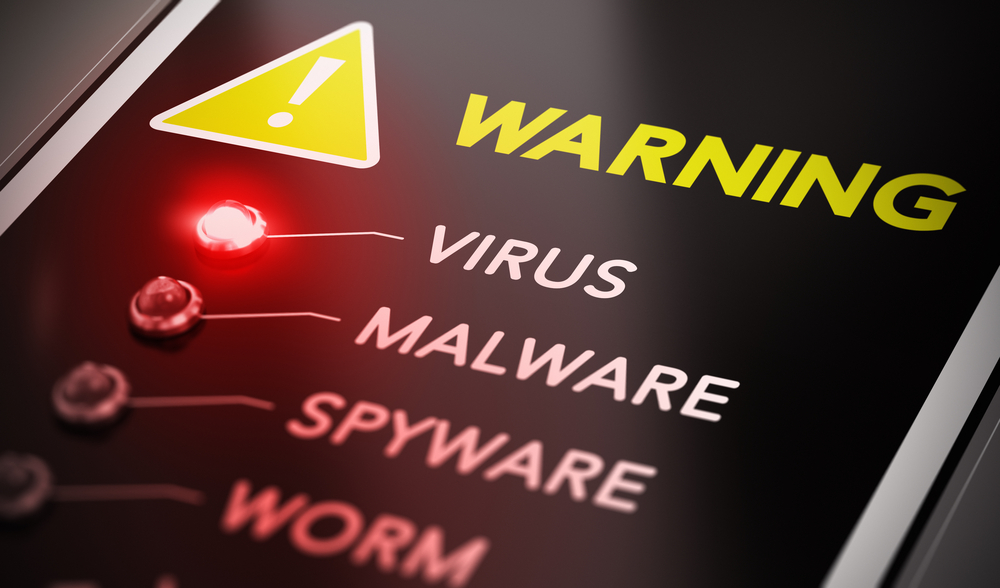Comprehensive Guide to Choosing the Right Antivirus Software for Maximum Cybersecurity
Choosing the right antivirus software is essential for safeguarding your devices against an array of digital threats. This comprehensive guide highlights key features, detection methods, and considerations to help you select a reliable cybersecurity solution. Learn how modern antiviruses protect against malware, ransomware, phishing, and more, ensuring your data remains secure in an increasingly dangerous online landscape. Equip yourself with the right tools and knowledge to maintain digital safety effectively.

Essential Factors to Consider When Selecting Antivirus Software
In today’s digitally connected world, cybersecurity threats are becoming more sophisticated and prevalent. As a result, choosing the right antivirus software is a crucial step in safeguarding your personal and professional data. With a multitude of options available on the market, it can be challenging to determine which solution provides the best protection tailored to your needs. This guide aims to break down the key factors you need to evaluate before investing in an antivirus program, ensuring you select a reliable, comprehensive, and future-proof cybersecurity tool.
Why is Antivirus Software Essential?
Antivirus software acts as a frontline defense against malicious attacks that can compromise your devices and sensitive information. Cybercriminals often exploit vulnerabilities through malware, ransomware, phishing scams, and other malicious tactics that can lead to data theft, financial loss, or system compromise. An effective antivirus solution not only detects and removes existing threats but also proactively guards against emerging threats through real-time monitoring and automatic updates.
Understanding Modern Cyber Threats
Modern cyber threats are evolving rapidly, making traditional antivirus measures insufficient on their own. Threat actors deploy complex malware such as browser hijackers, ransomware encrypting your files for ransom, keyloggers spying on your keystrokes, worms quietly spreading across networks, Trojans disguising as legitimate software, and malicious scripts embedded in websites or emails. In addition, phishing schemes trick users into revealing sensitive information, and privacy breaches occur through various vulnerabilities. Therefore, choosing an antivirus solution that comprehensively addresses these diverse threats is paramount.
Core Detection Technologies in Antivirus Software
Antivirus products utilize various detection techniques to identify and neutralize threats effectively. Understanding these methods helps users choose a solution with robust detection capabilities.
Signature-Based Detection: This traditional approach compares files against a database of known malware signatures. While effective against well-documented threats, it requires continuous updates to catch new malware variants designed to evade signature recognition.
Sandboxing: Sandboxing isolates suspicious applications in a secure virtual environment, allowing the software to observe behavior without risking the actual system. If malicious activity is detected, the threat is neutralized before causing harm.
Data Mining: Advanced algorithms analyze file behaviors and patterns to identify potentially malicious activities, even if the threat is not yet officially documented.
Heuristic Analysis: This technique examines code structures and behaviors to detect new or mutated malware, providing a proactive defense against emerging threats by identifying suspicious patterns.
Important Features to Look for in an Antivirus Solution
When selecting antivirus software, prioritize features that provide comprehensive and adaptive protection, aligned with current cybersecurity challenges:
Protection against malware, ransomware, spyware, and adware
Detection and prevention of browser exploits and vulnerabilities
Defense against Trojans, rootkits, and worms
Strong email and phishing attack protection
Network security to prevent unauthorized access
Automatic updates of virus definitions and security protocols
Heuristic and behavioral scanning capabilities
Real-time threat monitoring and alerts
Secure browsing tools and password management options
Rescue disk or system cleanup features in case of major infections
Additional Considerations for Choosing Antivirus Software
While features are crucial, here are additional factors that can influence your choice:
Performance Impact: Opt for software that doesn’t significantly slow down your device during scans or regular use.
User Friendliness: An intuitive interface ensures easy navigation and configuration, especially for users without advanced technical knowledge.
Compatibility: Ensure the software supports your operating system and integrates seamlessly with other security tools or apps you use.
Customer Support: Reliable customer service and comprehensive troubleshooting resources can be vital during security incidents.
Cost and Licensing: Consider subscription plans, renewal costs, and whether the software offers enough value for its price.
Final Tips for Selecting the Right Antivirus Program
Investing in the right antivirus software is crucial to maintain your digital security posture. Always choose a reputable provider with a track record of updates and effective threat detection. Read reviews, compare features, and consider trial versions before making a final decision. Remember, no single solution is foolproof; combining good security practices with robust antivirus protection provides the best defense against cyber threats.
Regularly update your antivirus software to stay protected against the latest threats. Enable automatic updates and perform routine scans to ensure your device remains secure. With a strategic approach and the right tool, you can enjoy your digital activities with confidence, knowing that your data and privacy are well protected.





